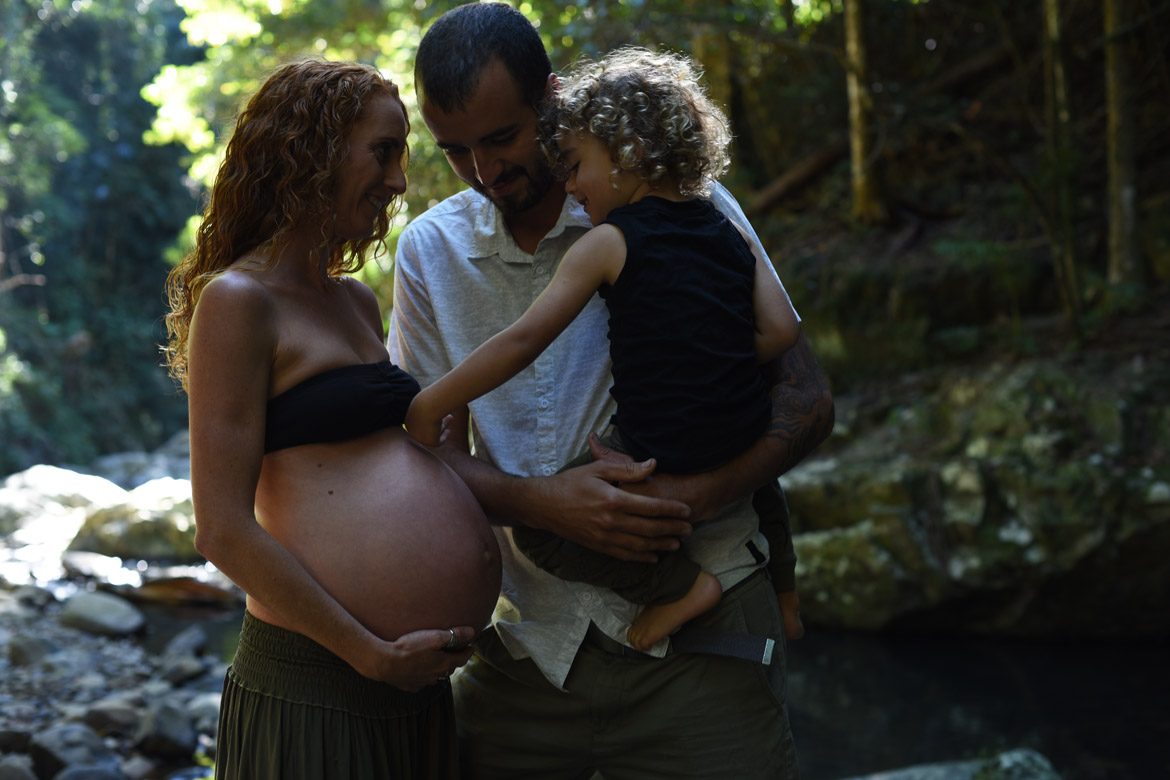By Dr. Laura Markham
“Dr. Laura… In your last post, you warned parents against fighting in front of our kids. But as you always say, we’re not perfect, we’re human! What are we supposed to do when we disagree? Isn’t it good for kids to see parents work out disagreements, and make up? And isn’t it OK if partners don’t always agree? We can still love each other.”
Yes, Yes, and Yes! The nature of human relationships is that we will sometimes disagree. It’s wonderful for children to see their parents model how to work out disagreements. It’s important for them to know that we don’t always agree, but we always love each other. Kids need to see us ask for what we need without attacking the other person. And it’s critical for them to see us make up, with affection and forgiveness.
But that doesn’t mean that it’s OK to yell at each other in front of our kids. The research shows that when parents disagree respectfully and then work things through to a solution and affectionately make up, kids learn valuable lessons about working through conflicts constructively. But the research also shows that yelling always affects kids badly. Yelling is not constructive conflict resolution. It’s a tantrum.
As the Dalai Lama said, “Be kind whenever possible. It is always possible.” But since most of us can’t stay as calm as the Dalai Lama, how can you handle the inevitable disagreements that come up in a relationship — when you live with kids and want to be a good role model?
1. When you or your partner start to get irritated, that’s your cue to do exactly what you would hope your child would do if they get irritated with their sibling – Stop, Drop and Breathe! That’s your Pause button. It gives you a chance to notice that you’re moving into fight, flight or freeze, and your partner is starting to look like the enemy. Remind yourself that you love your partner and you can work this out. It’s not an emergency.
2. If you can both keep your equilibrium to discuss the issue, go ahead. Your kids will benefit from watching you:
- Acknowledge the issue. “Hmm… I get stressed out when we’re late going someplace. I wish we could leave the house on time.”
- Listen to your partner’s upset. Breathe. Bite your tongue. You’ll get a chance to express your view. Everyone has a valid perspective and needs to feel heard.
- Empathize with your partner’s view. “It sounds like you think I’m the one making us late. I hear you were in the car waiting for me and the kids. That must have been frustrating for you, watching it get later and later and I didn’t come out of the house.”
- Express your view without blaming or attacking. “I was frustrated, too. I had to help the kids get their shoes on, plus wrap the pie to take with us, plus get myself ready. I would have loved to have help getting all that ready, and I would have gotten to the car sooner.”
- Be sure to acknowledge your contribution to the problem. “You’re so right that I didn’t start getting ready in time. The time just got away from me this afternoon. I know that didn’t help matters.”
- Resist “piling on”, like “I do all the work around here… If you just helped once in a while, things would work better.” Deal only with the issue at hand at this moment.
- If one of you starts blaming, that’s a sign that you need more safety. Stop and restore safety to the discussion. “This is upsetting for both of us. But we love each other and we can work this out. Let’s look for solutions; not blame.”
- Agree on a solution for the future. “Let’s agree that we’ll always set a timer half an hour before we have to leave the house and then we’ll all work together to get ready to go. If we’re ready early, we can play a quick game of tag in the yard once we load the car. We can always use more family fun!”Be sure to write your solution down and post it, so you can implement it and keep refining it.
It’s wonderful for children to see their parents model how to work out disagreements. It’s important for them to know that we don’t always agree, but we always love each other. Kids need to see us ask for what we need without attacking the other person. And it’s critical for them to see us make up, with affection and forgiveness.
3. If the conversation starts to get heated, stop. Don’t wait until you’re fighting mad. The person who is less annoyed can just say, “This deserves a longer/better discussion than we can have right now… Let’s talk later so we can come up with a good solution. I love you, and I know we always work things out.” Give each other a big hug, in front of the kids.
4. What if one of you has a hard time dropping the issue? Write it down. Really! “Challenge to solve: Dad and Mum disagree about how much screen time is appropriate.” Put your note in a private place you’ve agreed on, like a decorative bowl on a shelf. Shake on your agreement to talk about it later and set a time to do that.
5. What if you’re still angry? Remind yourself that you want to work things out with your partner and anger doesn’t help you do that. Do whatever you need to do to calm yourself and shift your mood, like breathe deeply ten times, shake out your hands, find something to be grateful for. As soon as you can, say to your partner “I need a hug” and give them a big hug.
6. Stop gathering resentments. If you keep gathering kindling, sooner or later you’ll have a firestorm. Just let it go for now. Tell yourself “We’ve made an agreement to talk about this later. Right now, I’m looking for solutions, not blame.”











